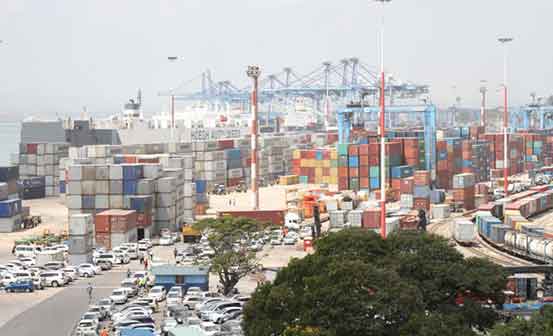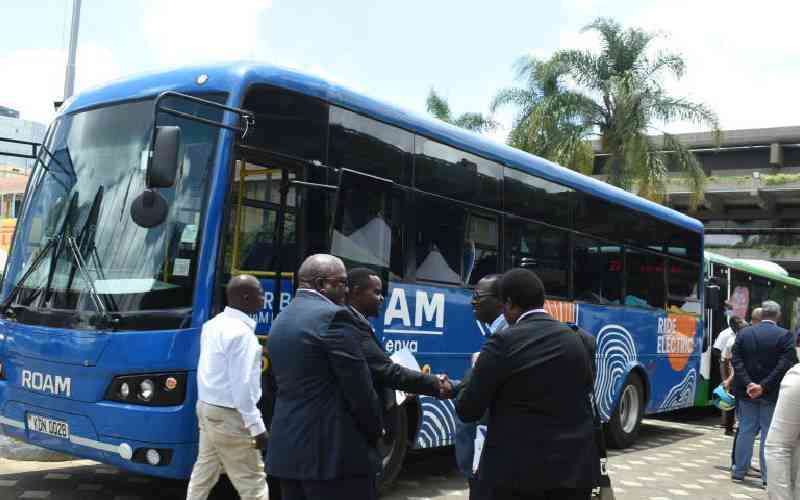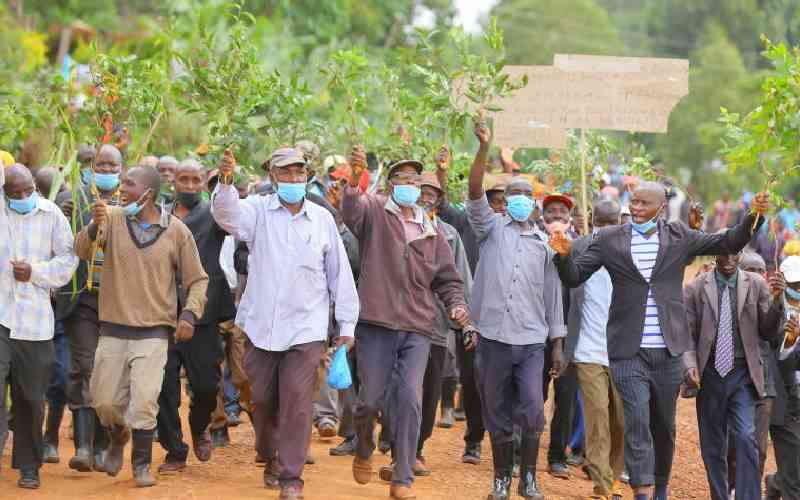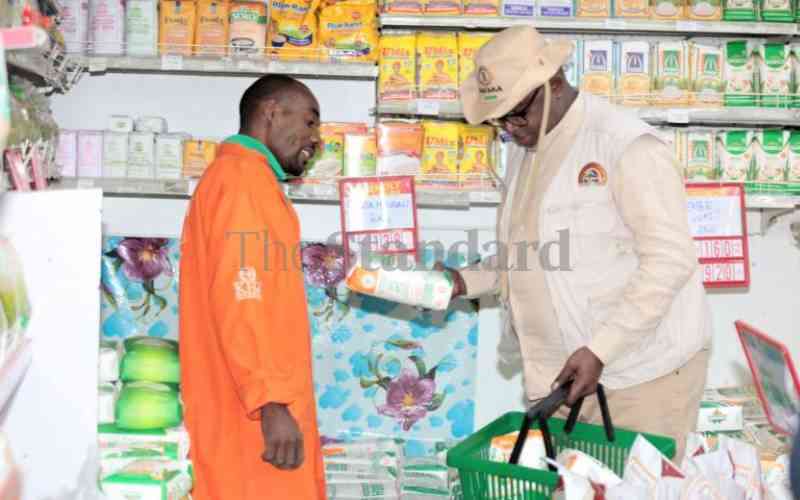
NAIROBI: Kenya is inching closer to getting a national trade policy to address export challenges and boost trade.
The final draft of the policy identifies the potential in different sectors. In order to boost understanding, stakeholders met on Friday in a consultative forum to look at the final draft, which also outlines the challenges, opportunities and approaches to rise above the challenges.
Addressing stakeholders drawn from both private and public sector, Ministry of Industry, Investment and Trade CS Adan Mohamed said that even though the country has access to huge markets, not so much potential has been exploited.
Currently, Kenya has access to the Common Market for Eastern and Southern Africa (Comesa), East African Community (EAC) and US through African Growth and Opportunity Act (Agoa) and the tripartite Free Trade Area (FTA).
“Such markets added to a few selected ones like Nigeria, South Africa, China and Canada that we eye offer significant markets that we have not fully exploited,” said Mohamed. He added that Kenyan exports have not been competitive because of inefficiency at the port and bureaucracy that has made the cost of production high.
The draft policy recognises that despite the open trade policy, the country’s trade structure has concentrated much on primary products and traditional markets. For instance, 60 per cent of exports go to Comesa and EU with the exports hugely made up of primary products. One of the policy measures contained in the draft is setting up of incubators linked to export market to help harness innovations and inventions to produce value added products.
No well-structured policy
This is aimed at deepening the variety of exports. Without being competitive, he noted, gaining access to larger markets will not help in narrowing the trade deficit. Currently, Kenya is a net importer with just a dismal 0.03 per cent share of the country’s total export in global merchandise trade.
“People should not cut corners but that does not mean they have to be put through extremely stringent procedures,” he said giving an example to county governments that have introduced levies that make it expensive for goods to move across counties to the port.
Speaking in the same forum, Principal Secretary for EAC Integration Betty Maina said Kenya’s trade policy needs to be juxtaposed with that of EAC to avoid conflicts. She noted that many investors from European Union have shown tendency to want to invest in the EAC region as opposed to just in a single country.
On trade facilitation, she said that the policy should make an extra mile to make activities at Mombasa port not just for imports but also exports. “More than 80 per cent of activities at the port is inward. Our policy should also ensure we boost exports. That calls for concerted efforts from entire region,” said Ms Maina.
Kenya Private Sector Alliance CEO Carole Kariuki said that through the policy, the country will keep a brace with the dynamism that has emerged in trade. Areas being addressed by the policy include wholesale and distribution trade, retail trade, informal trade and international trade.
Since independence Kenya has never had a clear and well-structured trade policy document. The existing trade policies are contained in various government documents making it cumbersome to interpret them.
 The Standard Group Plc is a multi-media organization with investments in media
platforms spanning newspaper print operations, television, radio broadcasting,
digital and online services. The Standard Group is recognized as a leading
multi-media house in Kenya with a key influence in matters of national and
international interest.
The Standard Group Plc is a multi-media organization with investments in media
platforms spanning newspaper print operations, television, radio broadcasting,
digital and online services. The Standard Group is recognized as a leading
multi-media house in Kenya with a key influence in matters of national and
international interest.
 The Standard Group Plc is a multi-media organization with investments in media
platforms spanning newspaper print operations, television, radio broadcasting,
digital and online services. The Standard Group is recognized as a leading
multi-media house in Kenya with a key influence in matters of national and
international interest.
The Standard Group Plc is a multi-media organization with investments in media
platforms spanning newspaper print operations, television, radio broadcasting,
digital and online services. The Standard Group is recognized as a leading
multi-media house in Kenya with a key influence in matters of national and
international interest.










